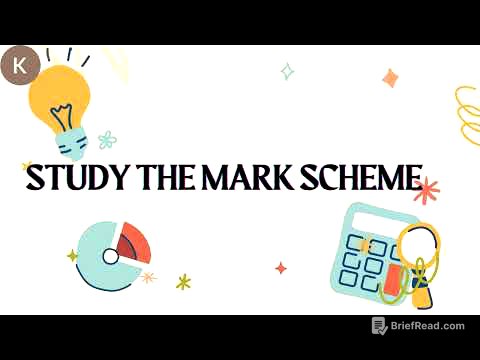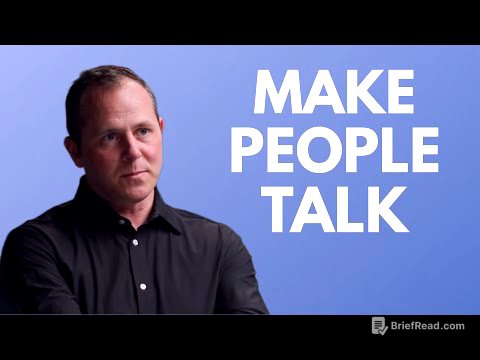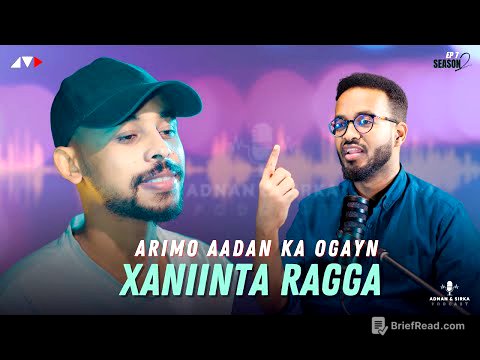TLDR;
Alex Hormozi argues that investing in oneself through education and skill development is more lucrative than traditional investments like the S&P 500, especially for young adults. He advocates for continuous learning, strategic skill stacking, and focusing on increasing one's earning capacity by solving valuable problems in the marketplace. The key is to reinvest excess income into courses, coaching, and mentorship to rapidly grow one's capabilities and income potential.
- Prioritize investing in education and skill development over traditional investments, especially when young.
- Focus on increasing earning capacity by solving valuable problems in the marketplace.
- Continuously reinvest excess income into courses, coaching, and mentorship to rapidly grow capabilities.
The Problem with Traditional Investments [0:28]
Alex Hormozi challenges the conventional wisdom of investing early in assets like the S&P 500. While he acknowledges that such investments are safe and can yield returns over time, he argues that they reflect a passive approach to wealth creation. For young individuals with limited skills, the most impactful investment is in themselves, specifically in acquiring skills that increase their earning potential.
Investing in Your Earning Capacity [0:57]
Hormozi emphasizes that one's ability to earn money by providing value and solving problems is the ultimate wealth-generating asset. The value of the problem solved, and the price charged for the solution, determine earning capacity. He illustrates this with the example of becoming a phlebotomist, where a small investment in certification can triple earning potential.
Strategic Reinvestment for Rapid Growth [2:18]
Hormozi advises that young individuals should live frugally and reinvest 100% of their excess income into education that enhances their earning capacity. Instead of passively investing in real estate, he suggests actively engaging in it to build wealth. He recommends allocating funds monthly to courses, coaching, mentorships, workshops, and seminars to acquire valuable skills.
The Entrepreneurial Degree [3:36]
Hormozi likens continuous learning to an "entrepreneurial degree," where each course or coaching session is a class contributing to overall skill development. He advises against expecting one single investment to be a savior, but rather viewing each as a component of a broader education. He encourages learning from various sources, including free content, to minimize risk and maximize value.
Mastering and Iterating Skills [5:35]
Hormozi stresses the importance of replicating successful strategies before attempting to innovate. He uses the analogy of building a bridge, where all the necessary "bricks" (skills) must be in place before one can cross it and achieve success. He cautions against starting multiple projects without completing any, which leads to stagnation.
Exponential Skill Stacking [6:17]
Hormozi explains how skills stack exponentially, using the example of a videographer who adds editing, social media, copywriting, branding, management, and leadership skills. This expansion broadens their horizon, increases their value, and dramatically increases their pay, eventually leading to entrepreneurship.
The Decision to Invest in Yourself [6:41]
Hormozi concludes by emphasizing the importance of deciding to invest in oneself rather than spending money on trivial things. He asserts that investing in one's skills and knowledge leads to a much higher return than traditional investments, potentially doubling, tripling, or even 10x earning capacity. He highlights that the world's richest people achieve their wealth by creating immense value, and individuals can emulate this by focusing on their own growth and capabilities.
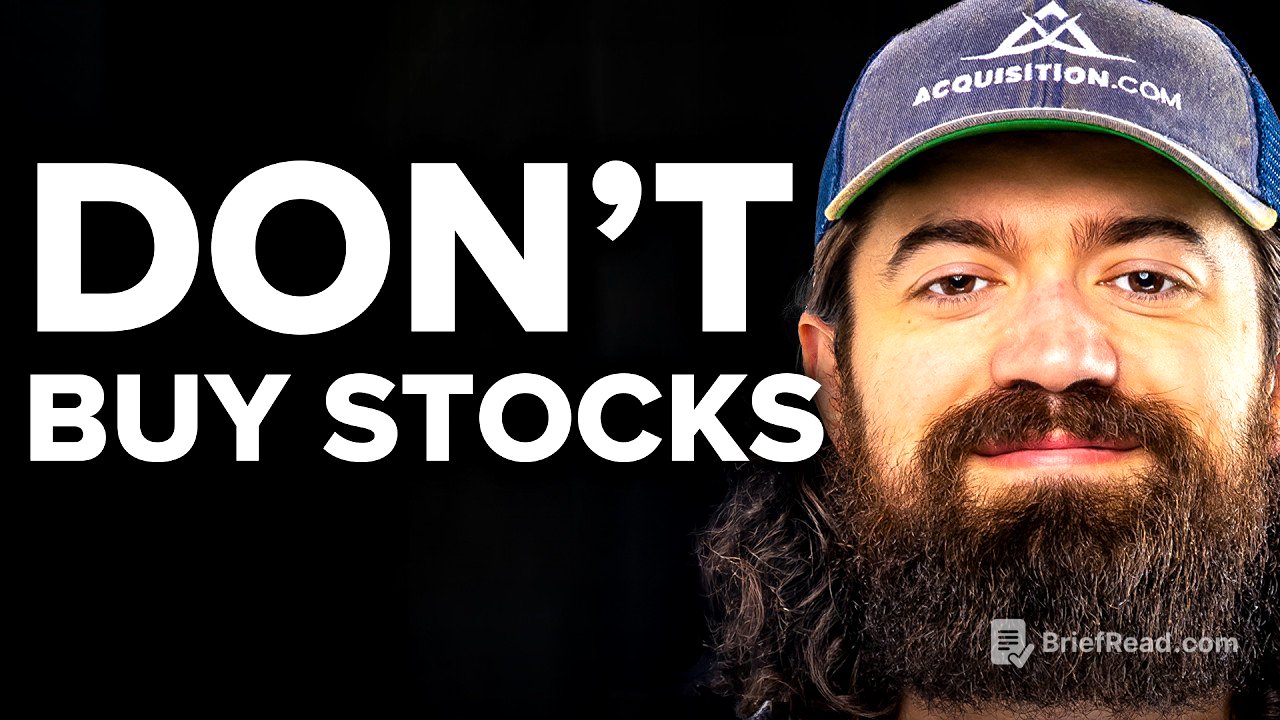

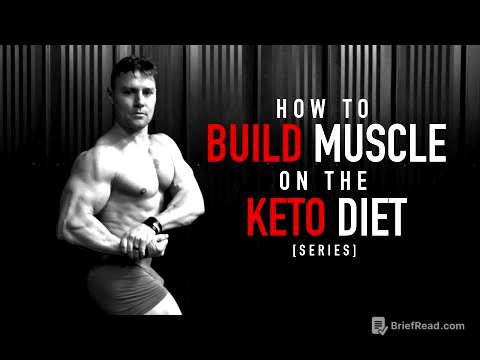
![Digimon The Movies Collection: Our War Game, Hurricane Touchdown Blu-Ray/New Dub Review [Soundout12]](https://wm-img.halpindev.com/p-briefread_c-10_b-10/urlb/aHR0cDovL2ltZy55b3V0dWJlLmNvbS92aS9LdFZJckdkdHZROC9ocWRlZmF1bHQuanBn.jpg)
